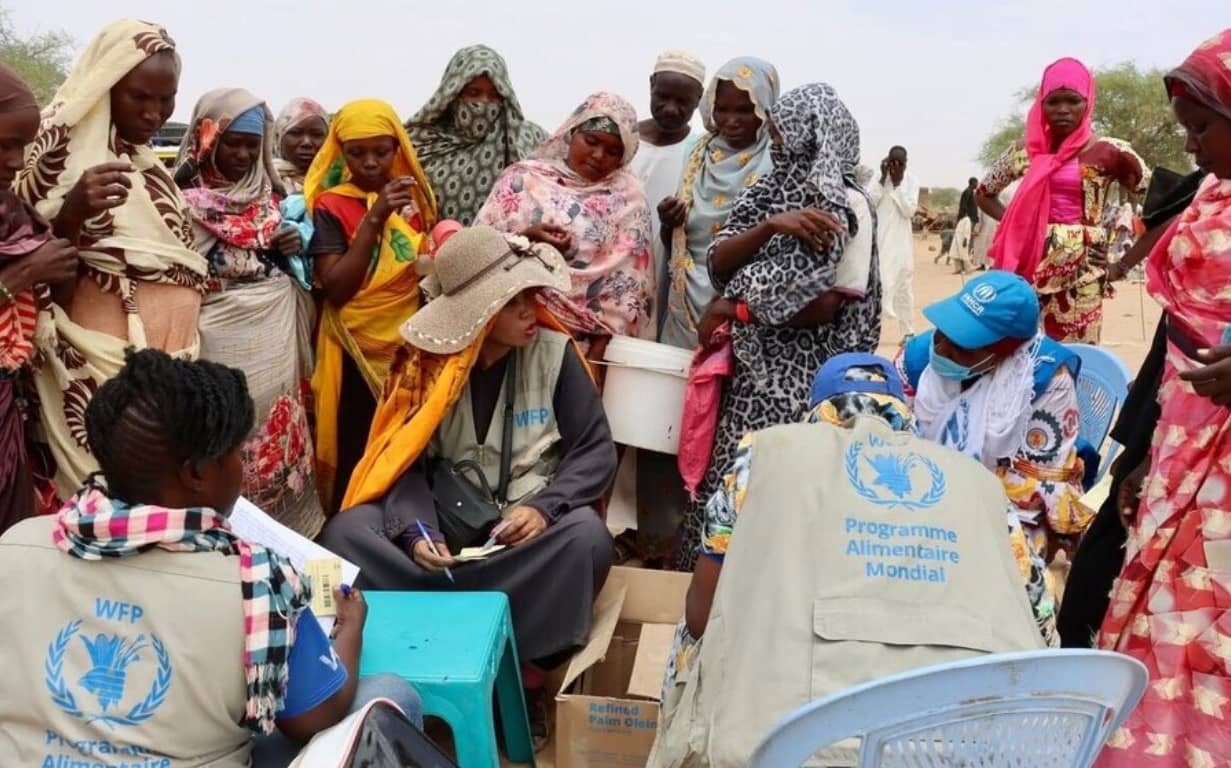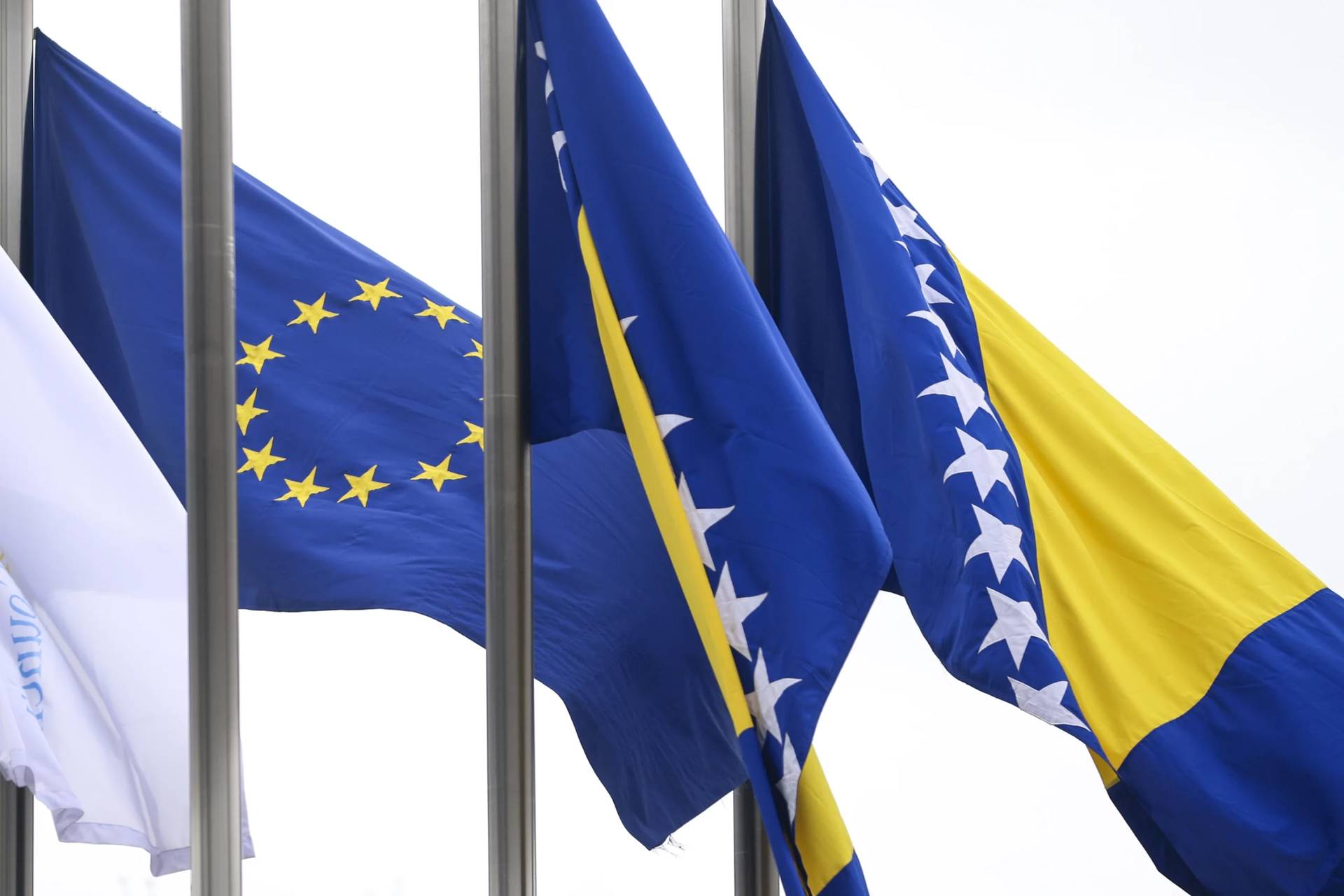YAOUNDÉ, Cameroon – Burkina Faso’s bishops have called on the government of the African country to do more to investigate a spate of killings by armed groups in the country.
On Monday, the government said the armed forces had killed 146 jihadists in three counterterrorism operations near the country’s border with Mali.
Islamic extremists in recent months have increased attacks in Burkina Faso’s volatile Sahel region. A Canadian man was recently kidnapped and killed, and another Canadian and Italian are missing.
Gunmen in the past week killed at least 14 people in attacks on a marketplace and military base in the Sahel region. The base in Nassoumbou, in Soum province in the northeast, also was attacked in December 2016, with 12 military personnel killed. Last month, the government extended a state of emergency for an additional six months.
RELATED: Cardinal says prayer is Christian Kalashnikov against terrorism
Burkina Faso is part of a five-nation regional counterterror force, the G5 Sahel, launched in 2017. Other members are Chad, Mali, Mauritania and Niger.
On Dec. 31, 2018, clashes began when the Yirgou village chief and seven other people were killed by suspected extremists in the north central region. Reprisal attacks followed against local ethnic Fulani Muslims in several villages.
After these attacks, the bishops held their Jan. 14-18 plenary meeting, where they called on the government “to establish responsibilities, and that justice should be done to the victims.”
The bishops said the growing violence “is revealing of a social thread that has been weakened, despite the legendary tradition of living together among all the social components of the Burkinabe nation.”
The bishops noted “with sadness” that the terrorist incidents don’t spare any part of the country, claiming the lives of civilians and military alike, as well as significant losses in public and private property.
Mali and Niger source of jihadists
Burkina Faso is bordered by two countries suffering from ongoing Islamist insurgencies: Mali and Niger. Muslim fundamentalists occupied northern Mali from January 2012 to January 2013, imposing sharia law. Even after being forced out with the support of French armed forces, the militants remain active in the region.
In Niger, Boko Haram – the Nigeria-based Islamist group – is active, attacking both military and civilian targets in an effort to establish a caliphate across the Sahel region.
Hemmed between the two countries, Burkina Faso has become a victim of both conflicts.
According to the Africa Center for Strategic Studies, Islamic militants carried out 136 violent attacks in 2018 alone, compared to just 24 in 2017. Over 300 people were killed in the violence.
“For January 2019 alone, the number of deaths and missing could reach 150,” the ACSS said.
The bishops have “firmly condemned” such attacks and expressed their “compassion in the face of such violence.”
“Nothing justifies the destruction of human life,” the bishops said, noting that human life is sacred and should be kept so.
RELATED: Baltimore Orioles, CRS send meals to drought-stricken Burkina Faso
While condemning the string of attacks, the bishops called on the authorities and the people to work together to “safeguard, while there is still time, the inalienable human values of fraternity, understanding, solidarity, forgiveness, peace and mutual love in view of preserving social cohesion without which development is not possible.”
The bishops have also called on the country’s Christians to pray for peace and cohesion throughout the month of February.
They said Catholics should engage in fasting and prayer and Eucharistic adoration every Friday; and attend Masses for peace every Saturday.
Burkina Faso is 60 percent Muslim, 19 percent Catholic, and around 5 percent Protestant; the rest of the population follows indigenous and other beliefs.
Relations between faiths have traditionally been good, although in recent years Wahhabi strains of Islam have been promoted by the Arab states, raising fears of fundamentalism.
This report made use of material from the Associated Press.

















